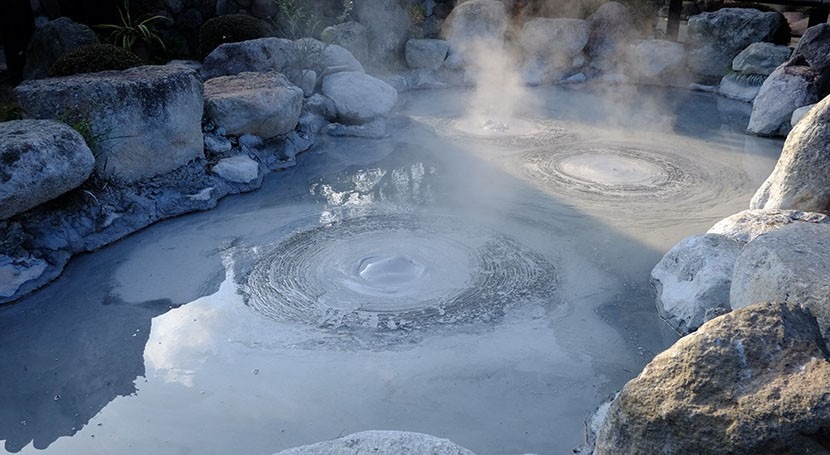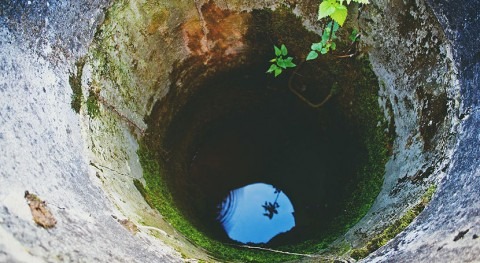The demand for precious metals and rare earths is expected to continue increasing in the future. Due to limited production areas, recycling from precision equipment and recovering from seawater and hot spring water are needed to ensure a stable supply.
A research group led by Professor Masayuki Azuma and Associate Professor Yoshihiro Ojima of the Osaka Metropolitan University Graduate School of Engineering has successfully developed an adsorbent material that can selectively recover rare earth elements (REEs) using environmentally friendly and inexpensive baker's yeast and trimetaphosphate, which is used as a food additive.

Researchers have succeeded in selectively recovering trace rare earth elements in synthetic seawater and environmental water, such as hot spring water, using baker's yeast with a phosphate group added. Credit: Masayuki Azuma, Osaka Metropolitan University
The research group conducted experiments using synthetic seawater and hot spring water to evaluate the performance of this material in a real environment. It was confirmed that the material can selectively adsorb REEs even when using hot spring water with an REE concentration of several to several tens of ppb (μg/L) and a very high content of other components. The findings were published in Environmental Technology & Innovation.
"This new technology is expected to contribute to the realization of a metal resource-circulating society and a safe society through environmental purification. In the future, we will continue to conduct experiments on a variety of environmental water with the aim of establishing a system capable of treating large quantities of metal resources through continuous operation," said Professor Azuma.




